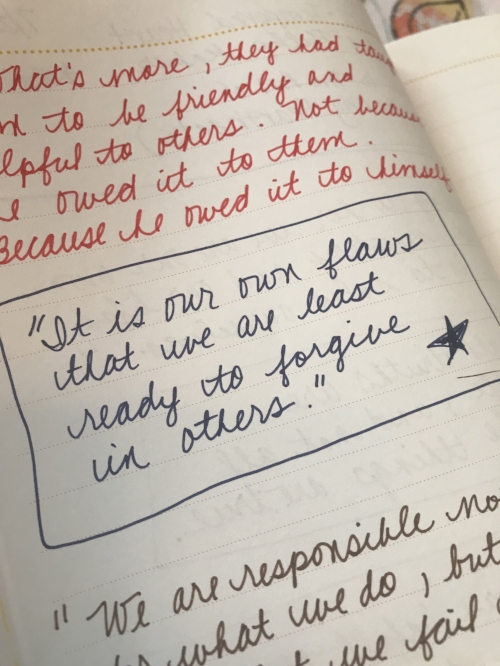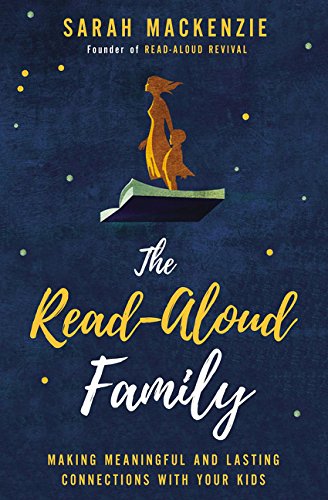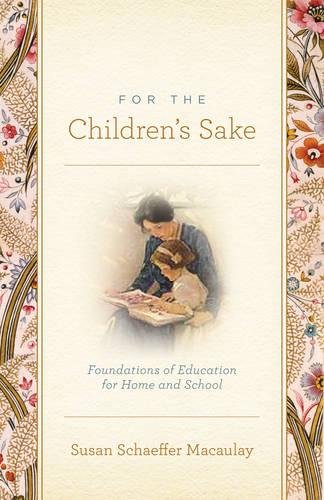Everyone wants their homeschool to be successful.
We want our children to be excited and eager learners, learning things of value, and for our families to be happy and healthy through it all. (I'll tell you a secret, though - you may have this some of the time, but some of the time it might just be plain old HARD WORK.)
As we've dabbled in different curricula, methods, and schedules, I've learned that there really are just THREE key ingredients to a {mostly} successful homeschool.
Beauty
Beauty is so often overlooked as we are planning our children's education. We become so busy checking off boxes and forget to nurture a love and appreciation for beauty in our children's lives - as well as our own.
“The object of education is to teach us to love what is beautiful.”
Questions to ponder:
- Are you constantly pointing your children to the Creator, the source of all beauty?
- Are you including an appreciation of fine arts in your children's days?
- Are you asking your children to recognize and document things of beauty (nature sketchbooks, art & music journals, etc...)?
- Is your home full of beautiful things? Do you have prints of fine art hanging on the walls? Do you take time to cut fresh flowers and bring them indoors? Are you listening to Classical music?
Consistency
Children thrive on routine and structure. They crave predictability and safety.
Homeschool requires CONSISTENCY!
Consistency is a LIFE SKILL to be modeled for and taught to our children. Consistency is our daily tasks of living as well as in our homeschool methods is important.
Most often we need only look in the mirror to find the root of INCONSISTENCY in our homeschool.
Questions to ponder:
- Do you have a daily routine? Some families (including mine!) don't do well with a strict schedule, but we have always had routine.
- Do you start your day with Morning Time? (or some other way to gather your children and ground them for the day)
- If you start a particular math or spelling program, do you stick with it long enough to see results - or do you jump ship the minute someone complains?
- Are YOU exhibiting consistency in your own life so your children can model that?
Minimalism
Not to be trite, but it is SO true: Less is More!
“Do not let the endless succession of small things crowd great ideals out of sight and out of mind.”
I once heard from a homeschool mom that she made ONE subject each year a priority.
For example, if math was the priority for the year she made sure math was always done FIRST and that any enrichment first focused on math. Another year she chose Latin as the focus. Each year she achieved a laser focus in her homeschool by this singular focus.
Intriguing, yes?
I also believe minimalism should be followed in our homeschool environment. Are you materials organized neatly and only a few quality resources placed front and center? Sometimes too much choices causes children (and MAMAS) a lot of frustration.
When we decided to deepen our homeschool through simplification it was the beginning of a new era for us!
Questions to ponder:
- When your children begin a school day, do they know where to find things? Is your homeschool area organized?
- Do you challenge your children to focus on doing a few things well, rather than many things half-heartedly?
- Do you have a few clear, achievable goals for your homeschool?






















